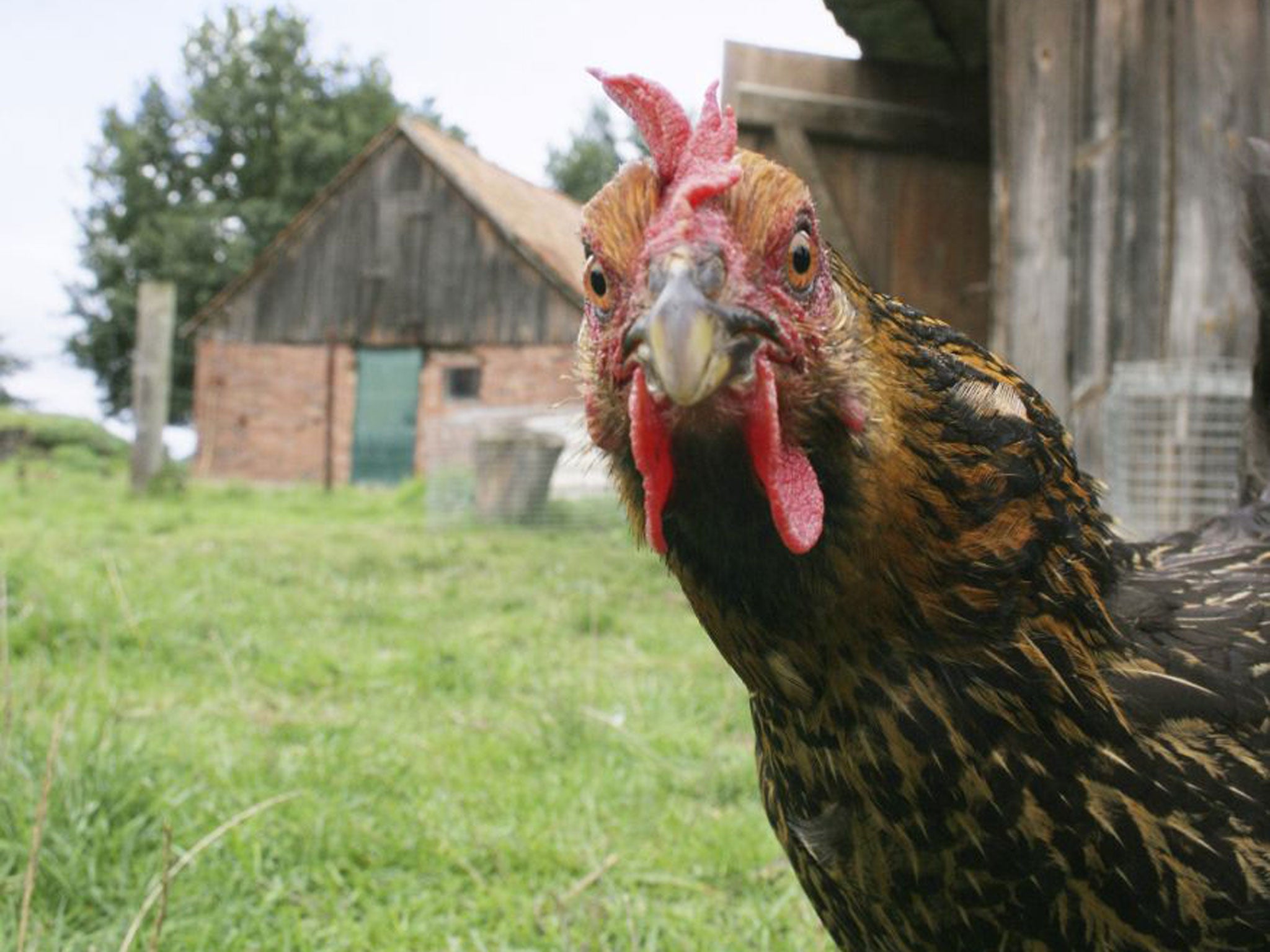Organic food loses its appeal – but ethics rule at the checkout
Supermarkets have devoted less space to organic food as customers have reined in their spending

Your support helps us to tell the story
From reproductive rights to climate change to Big Tech, The Independent is on the ground when the story is developing. Whether it's investigating the financials of Elon Musk's pro-Trump PAC or producing our latest documentary, 'The A Word', which shines a light on the American women fighting for reproductive rights, we know how important it is to parse out the facts from the messaging.
At such a critical moment in US history, we need reporters on the ground. Your donation allows us to keep sending journalists to speak to both sides of the story.
The Independent is trusted by Americans across the entire political spectrum. And unlike many other quality news outlets, we choose not to lock Americans out of our reporting and analysis with paywalls. We believe quality journalism should be available to everyone, paid for by those who can afford it.
Your support makes all the difference.Walk around a supermarket and pricey organic fruit and vegetables are noticeably fewer in number and less heavily promoted than in the past.
Sales of food produced without chemical fertilisers and other agrichemicals – which rose in leaps and bounds in good times – have slumped during hard times.
Indeed demand for organic food has fallen by more than a fifth since the recession began – more than any other "ethical" sector, according to a report published today.
In an audit of ethical spending, the Co-op assessed the fate of virtuous goods and services during the downturn and found that organic had fared the worst, falling from an all-time high of £1.9bn in 2008 to £1.5bn last year, down 21 per cent.
The fall bucks a national trend of ethical consumerism, according to the retailer's Ethical Consumer Markets Report which suggests Britons have continued to follow their consciences during what has been the sharpest relative downturn for decades.
Now standing at treble the level of a decade ago, annual sales of ethical food, household goods, eco-travel and ethical goods climbed steadily from £35.5bn in 2008 when the UK slipped into negative growth to £47.2bn last year.
There have been some spectacular performances during the same period, such as sustainable fish, whose sales rocketed from £69m to £292m, and Fairtrade, which has more than doubled from £458m to £1.262bn.
In 2011 alone, sales of ethical cosmetics and other personal products rose by 4.3 per cent; food and drink by 7.8 per cent; and green home products such as solar panels by 10.6 per cent. Some smaller sectors also rose quickly, such as "green funerals" which were up by 14 per cent from £7m in 2010 to £8m last year, also rose quickly.
However organic experienced another year of decline, albeit more modestly, sliding 1.77 per cent compared with a 14 per cent tumble in 2009 when the industry's image was damaged by a Food Standards Agency stating that organic food was no healthier than conventional produce. At the same time supermarkets devoted less space to organic fresh produce because they feared squeezed consumers were about to rein in their spending.
Explaining the industry's slump, Jim Twine, business development director of the Bristol-based Soil Association, the main certification body, said: "The overriding reason has been lack of availability. There was a huge overreaction by some of the retailers, and a colossal loss of shelf space. It would also be naive to say that the largest recession in living memory hasn't had an impact."
Despite the fall, he said the organic movement was positive about the future, saying that both online and export sales were rising and that sales by Soil Association licensees were up by 2.1 per cent between April and September this year
Mr Twine added: "The UK is the only place in the world that [a fall] has happened; in the rest of the world there is strong growth.
Join our commenting forum
Join thought-provoking conversations, follow other Independent readers and see their replies
Comments